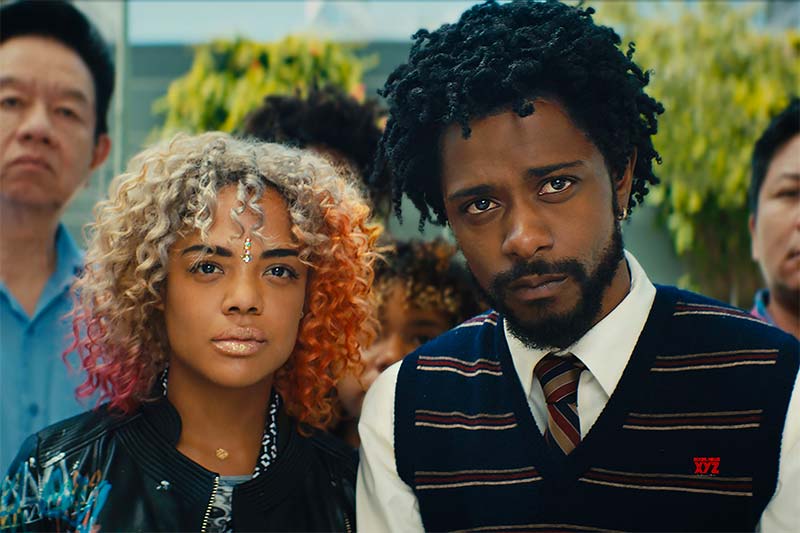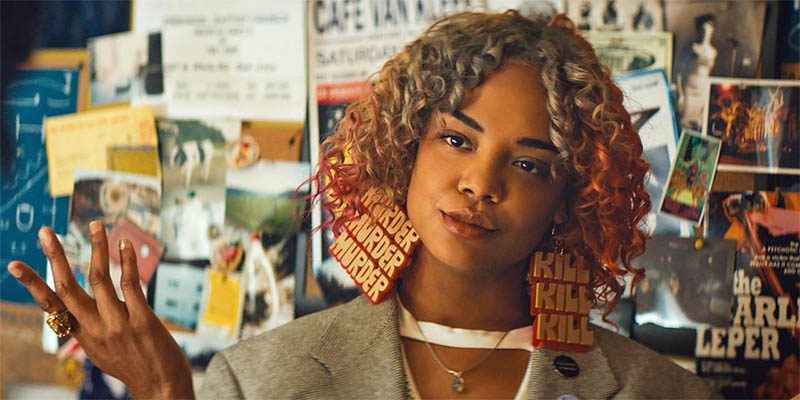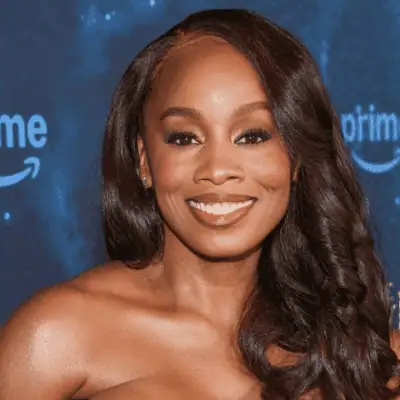
Sorry to Bother You is exactly what the world needs right now. Directed by Boots Riley and starring Lakeith Stanfield and Tessa Thompson, the film creates a space for eccentric blackness to thrive in, and doesn’t rely on trite stereotypes based on what we’re expected to be like. This may be uncomfortable to viewers who are used to seeing people of color placed into a calculated box on-screen, but to others, it opens up a world of possibilities, showing how versatile we can truly be as human beings. This is the beauty of the age that we’re currently living in, where black directors and writers are finally at the forefront, creating content that speaks so many truths about the many dimensions of blackness.
In Sorry to Bother You, the financially struggling Cassius “Cash” Green (Lakeith Stanfield) has entered the ruthless world of telemarketing. While he is consciously aware that this job does not define him, nor does it bring him any sort of happiness, Cash attempts to make the best out of a mediocre situation. With the help of a co-worker (Danny Glover), Cash quickly learns to utilize his “white voice,” which in turn allows him to reach new but frightening heights as a power caller–a title only given to the highest ranked salesmen. Thus, our protagonist is faced with an ethical dilemma: Is he willing to sell his soul for the “American Dream,” and lose everything he values along the way? In a chilling manner, Sorry to Bother You unveils the dark side of greedy corporate America, showing how sinister those in power can truly become.
Through bizarre television programming and billboards, Riley turns the dystopian factor of the film up a notch. And yet, there’s so many similarities to our current world that, at times, the lines become blurred. In this macabre society, millions of people tune in to the most popular game show, “I Got the S— Kicked Out of Me,” where they watch guests brutally beaten on live television for a chance to win prizes and money. Although graphic and cringeworthy, our own world isn’t too far from having a program similar. Society is becoming more and more desensitized to violence, and there’s even a fascination element for some. As terrifying as it is, there are people among us that are willing to do nearly anything for money, and that unfortunately includes participating in a merciless beating.
Perhaps the most unsettling situation in this dystopian society is WorryFree Living. It’s modern-day slavery packaged nicely, with a marketing ploy that seems irresistible to the man or woman drowning in debt and miserable. Here at WorryFree living quarters, debt is forgiven, housing is provided, and jobs are assigned. But lurking beneath the tempting packaging is an inhumane plan devised by our antagonist Steve Lift, the CEO of the corporation. How the film markets WorryFree is fascinating, specifically because this concept could easily materialize in our own world through calculated advertising. It is highly disturbing to think about how many people would be tricked into 21st century slavery, but Sorry to Bother You serves as a ludicrous wake-up call for anyone who would even consider it.
Downright outrageous at times while playful and hilarious at others, Sorry to Bother You somehow manages to blend multiple elements together and create gold with it. Layered beneath its humor is a certain bluntness that may make some feel awkward and uneasy. But admirably so, Riley isn’t here to appease the world and remain in a restricted comfort zone–he’s here to make an unforgettable in-your-face statement that forces viewers to confront the incredible faults within corporate culture, the media, and where our society is headed.
Sidenote: I must give props (pun fully intended) to the art directors of Sorry to Bother You for creating such a visually stunning film. From Detroit’s (Tessa Thompson) eclectic style and statement earrings as a radical performance artist to the way that each scene dances with light and color, Sorry to Bother You is the literal definition of aesthetically pleasing.






